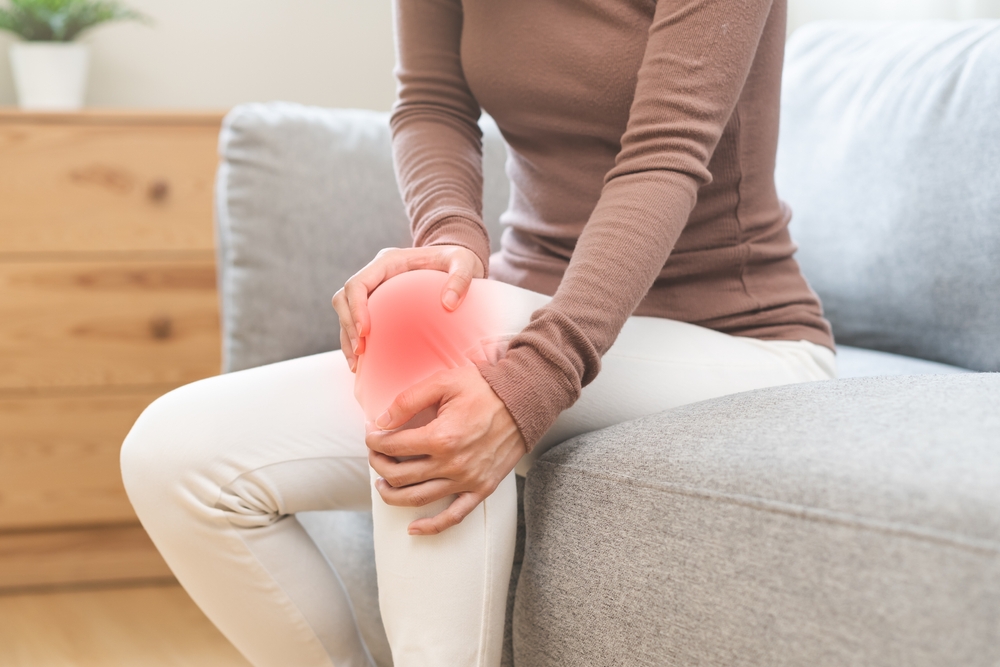As colder weather and shorter days arrive, seniors face an increased risk of health issues and weather-related injuries such as frostbite and hypothermia.
Boom Health has compiled a list of winter safety strategies specifically for seniors:
1. Watch for black ice. Black ice is particularly dangerous because it is nearly invisible, increasing the risk of falls and car accidents.
2. Dress warmly. When venturing outside in winter, cover all exposed skin. Layering your clothing can help you adjust to temperature changes, allowing you to remove a layer if you become too warm.
3. Check weather conditions. Before heading out, check the weather forecast. Severe rain, wind, or snow can pose significant risks for seniors.
4. Prepare for power outages. Winter storms can lead to power failures. Keep flashlights, batteries, and a battery-powered radio on hand to stay safe and informed.
5. Maintain a balanced diet. A nutritious diet strengthens the immune system, helping to prevent illnesses like colds and the flu. Eating smaller, more frequent meals can also help seniors meet their calorie needs and aid digestion.
6. Take vitamin D supplements. Reduced outdoor activity in winter can lead to lower vitamin D levels. Consider taking supplements or consuming vitamin D-rich foods such as salmon, egg yolks, oatmeal, and orange juice.
7. Stay connected. Winter can make it challenging for seniors to get out and about. Use apps or other technology to stay in touch with family and friends, even if you can’t visit them in person.
The Boom Health app allows you to manage your loved one’s home care in one app and takes the stress out of organizing care. Download the app on the App Store or Google Play Store.
This article is not intended to be a substitute for professional medical advice or diagnosis. Always seek the advice of your physician or another qualified health provider with any questions you may have regarding a medical condition.





